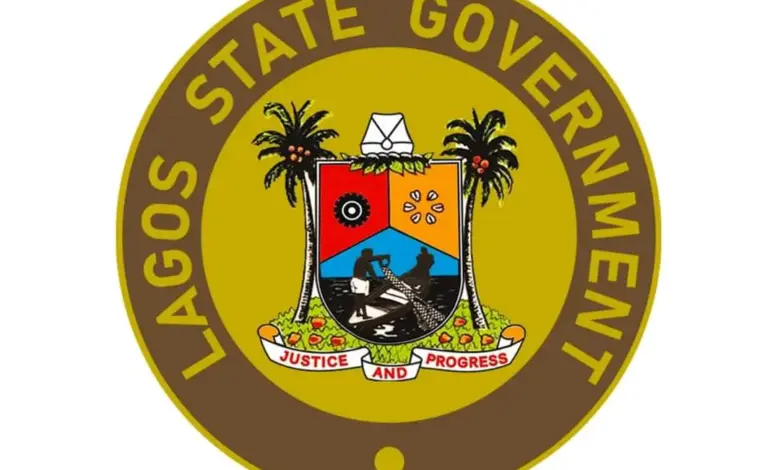Lagos inaugurates Community Dialogue Committee to combat gender-based violence

Lagos State Government, through its Domestic and Sexual Violence Agency, DSVA, has inaugurated a Community Dialogue Committee, CDC, to strengthen grassroots efforts in tackling Sexual and Gender-Based Violence, SGBV, across the state.
Speaking during the inauguration on Monday, the Executive Secretary of DSVA, Mrs Titilola Vivour-Adeniyi, described the initiative as a major milestone in enhancing community-based mechanisms for preventing and responding to SGBV.
Vivour-Adeniyi, represented by the agency’s Community Engagement Officer, Ms Adetoun Odumbo, said the CDC’s primary mandate is to reinforce community structures that can identify, respond to, and ensure appropriate referral of SGBV cases.
According to her, the initiative is designed to embed sustainable support systems within local communities, ensuring accessibility and effectiveness in the state’s collective response to gender-based violence.
The inauguration, which brought together about 50 representatives from Mushin Local Government Area and Odi-Olowo Local Council Development Area, LCDA, featured stakeholders from various community sectors.
Vivour-Adeniyi explained that the committee’s composition was carefully structured to include traditional rulers, religious figures, community leaders, representatives of women’s groups, youth advocates, and SGBV survivor champions.
“It also includes representatives from the health and education sectors, as well as ward-level officers from DSVA and local government gender desks,” she said.
On his part, the Head of Community Engagement at DSVA, Mr Damilare Adewusi, outlined the roles and responsibilities assigned to CDC members. He said these include facilitating community dialogues to raise awareness on SGBV, providing immediate and confidential support to survivors, identifying potential cases of abuse, and ensuring proper referrals to relevant authorities.
Adewusi added that members are also expected to maintain accurate and confidential documentation of reported incidents, while serving as official liaison officers between their communities and the DSVA to ensure swift intervention and sustained collaboration.





